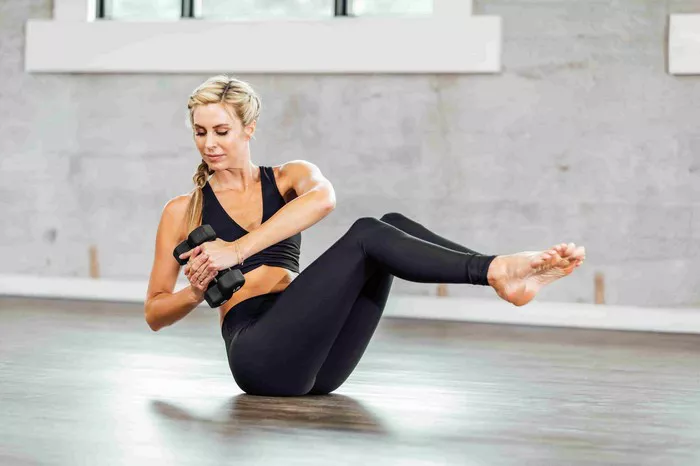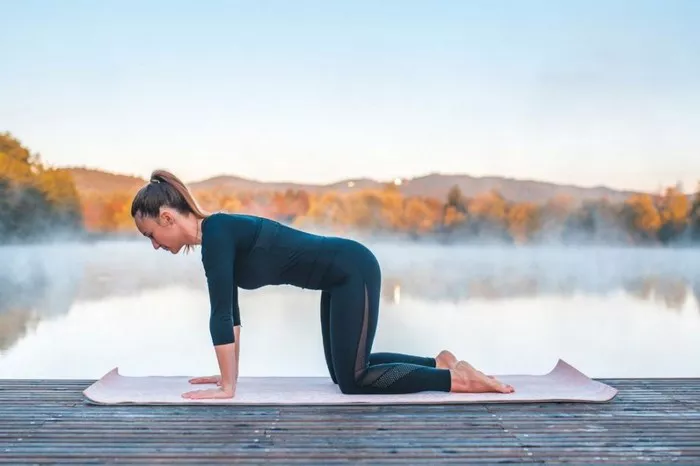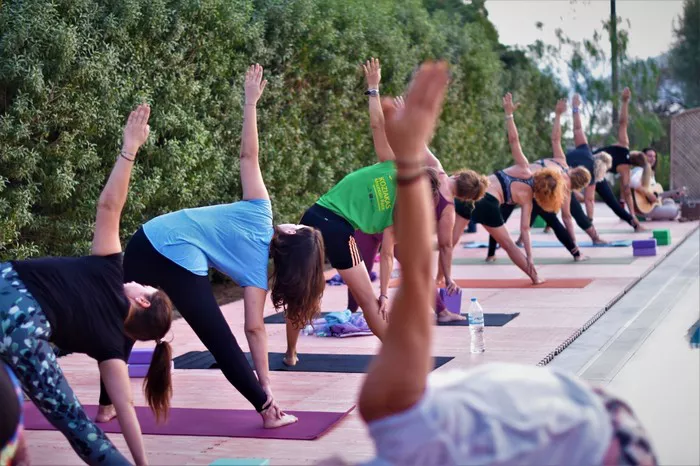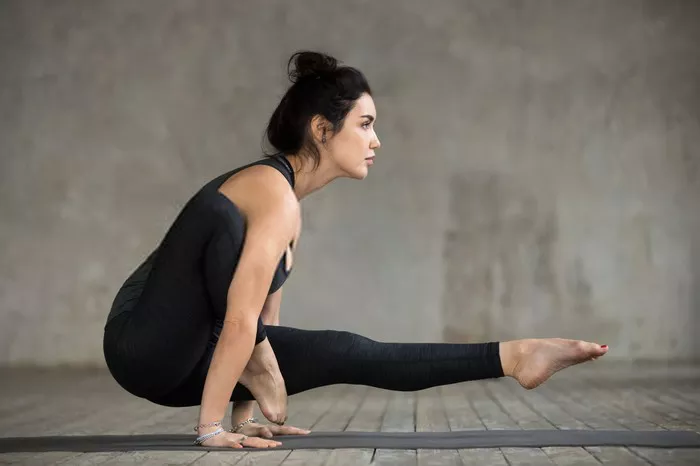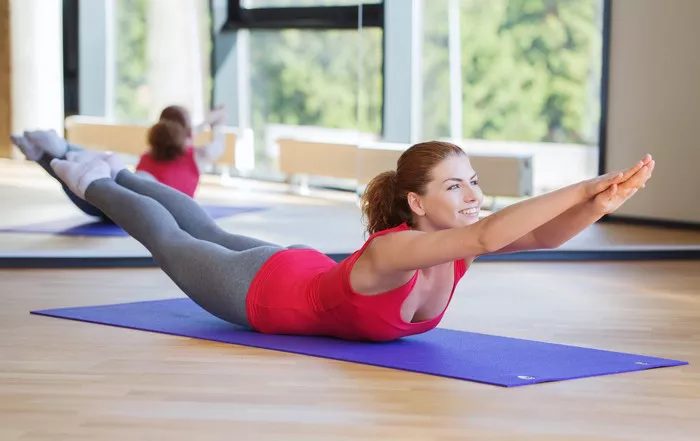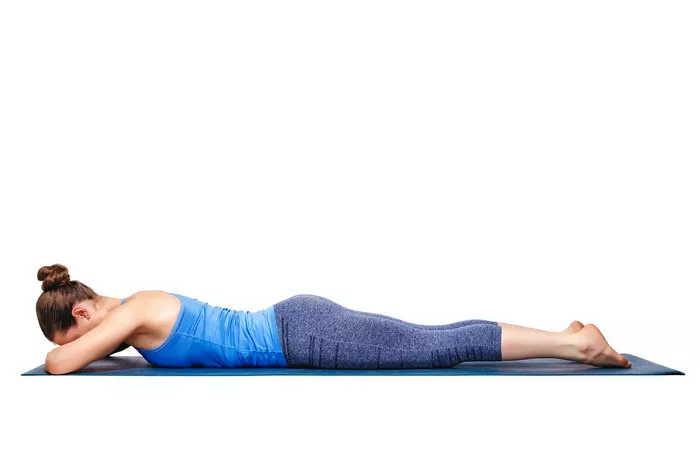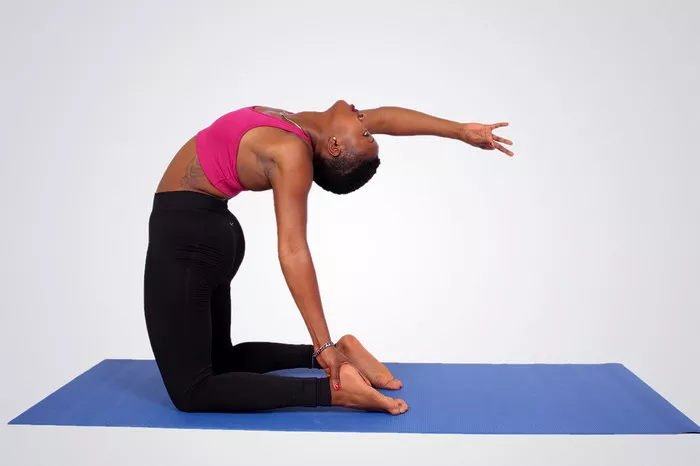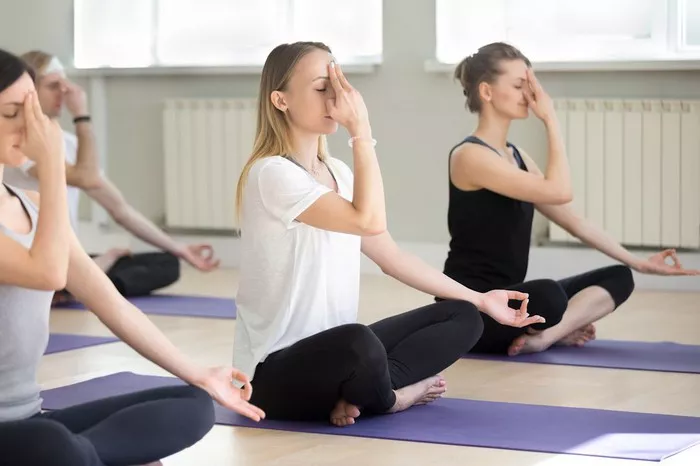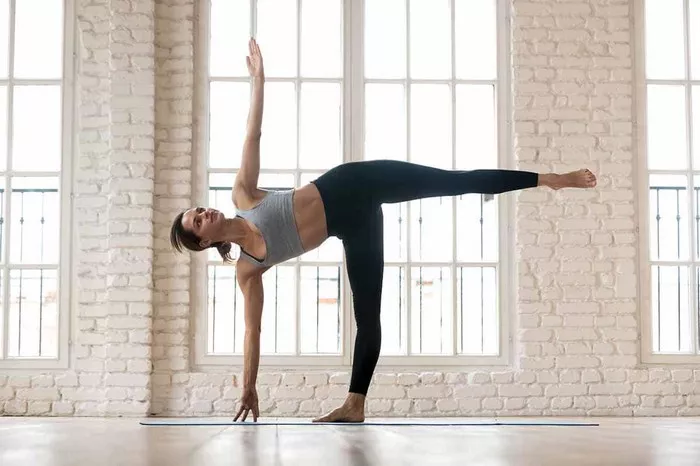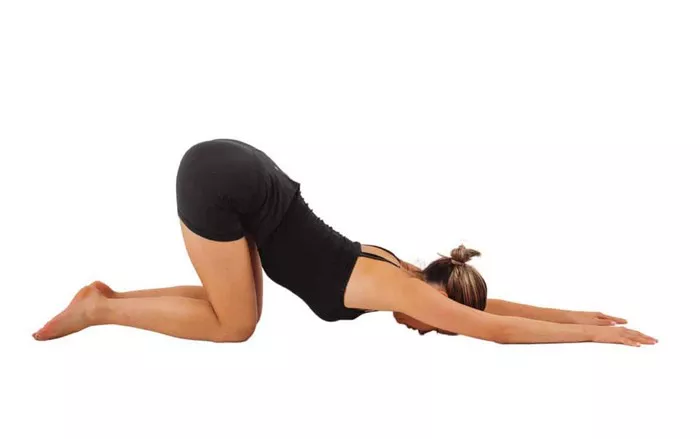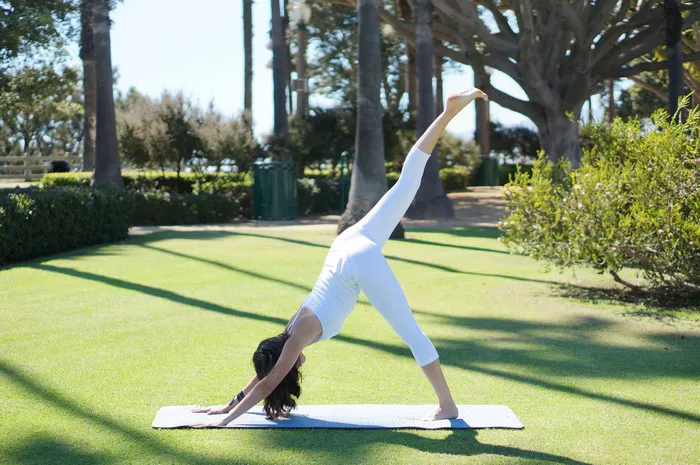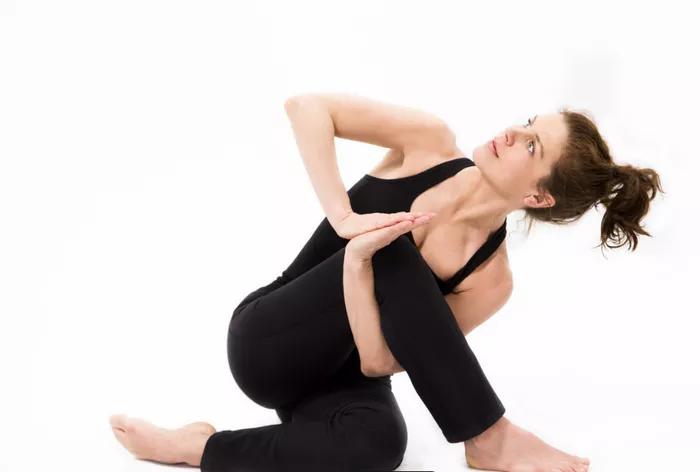Older women suffering from urinary incontinence can experience significant improvements through regular participation in low-impact exercises such as yoga, stretching, and strengthening routines, according to a recent study conducted by researchers at Stanford Medicine and the University of California, San Francisco. The research aims to identify low-risk and cost-effective treatments for this prevalent health issue among aging women.
The study found that after 12 weeks of participating in low-impact yoga sessions, participants reported approximately a 65% reduction in incontinence episodes. A control group that engaged in stretching and strengthening exercises also achieved similar outcomes, with improvements comparable to those seen with incontinence medications.
Dr. Leslee Subak, the study’s senior author and chair of obstetrics and gynecology at Stanford Medicine, noted that the yoga program used in the study is designed to be accessible to individuals with varying physical abilities. Much of the instruction was delivered online, partly due to the COVID-19 pandemic, allowing participants to engage safely from home.
Urinary incontinence affects more than half of middle-aged women and up to 80% of women aged 80 and older. The condition can lead to social isolation and increased risk of physical issues, such as bone fractures. Dr. Subak emphasized the importance of addressing urinary incontinence, a condition that often remains untreated due to societal stigma. She encourages women to consider engaging in physical activities like yoga or low-impact exercises as effective treatments, highlighting that such activities are both low-risk and beneficial for overall health.
The study compared two 12-week programs: one involving 121 women in a yoga program focused on pelvic floor strengthening and another with 119 women participating in general stretching and strengthening exercises. Both groups demonstrated significant reductions in incontinence episodes, with approximately 60% improvement reported.
Dr. Subak recommends that women interested in these methods look for low-impact Iyengar yoga classes or similar programs available both in-person and online. She asserts that yoga and physical activity provide substantial benefits for managing incontinence and enhancing overall health.
You Might Be Interested In

